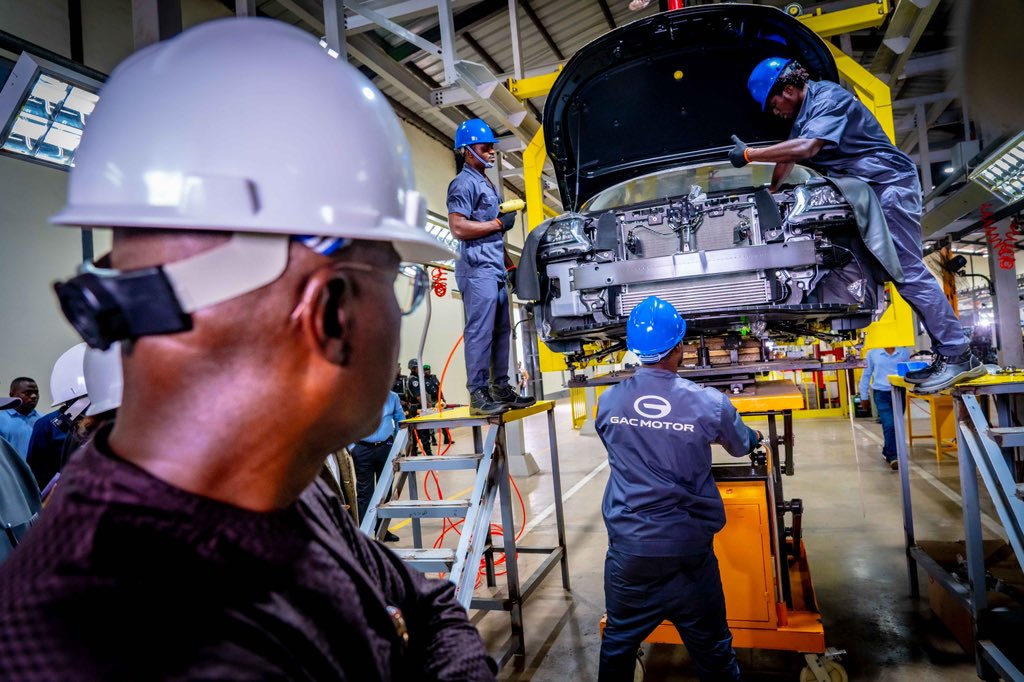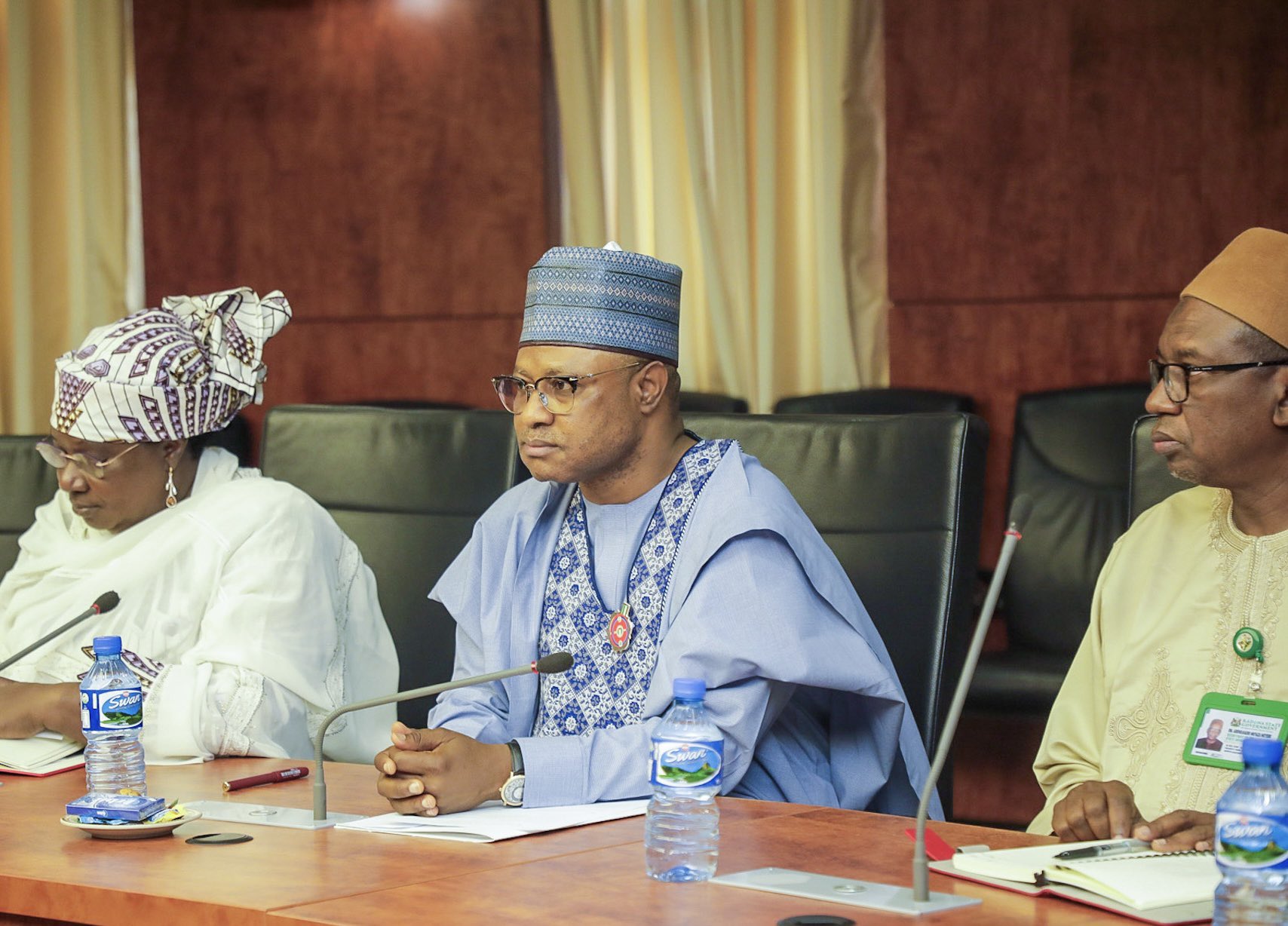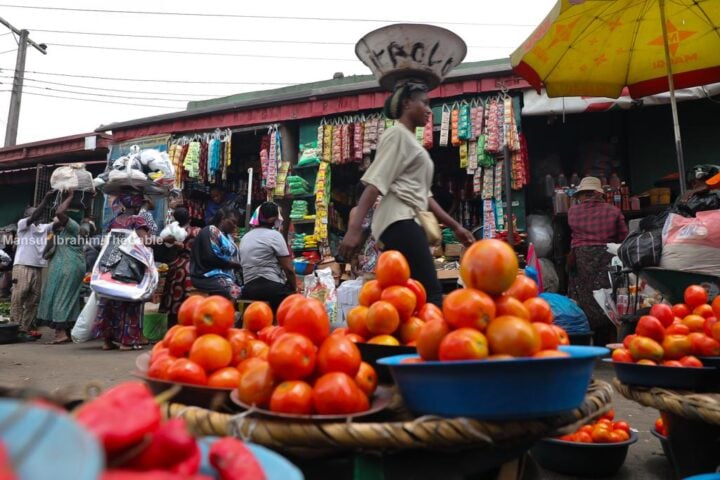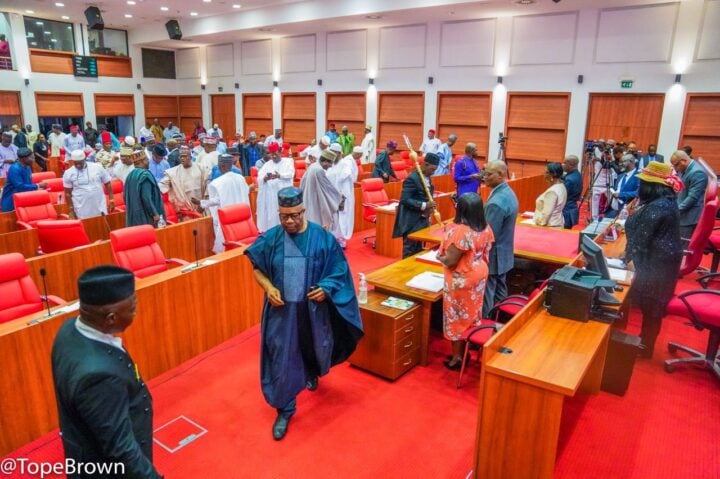In 2014, the Jonathan administration came up with the National Automotive Industry Development Plan which was designed to encourage investments in local manufacturing and assembly of vehicles while creating local jobs, boosting our GDP and reducing foreign exchange spent on imported vehicles.
The policy increased the tariff on imported vehicles to 70% while it reduced the tariff on Completely Knocked Down (CKD) parts of automobile components amongst other incentives to encourage investments in the automobile industry. As a result of the policy, over 40 firms were issued with licenses by the National Automotive Design and Development Council to establish automobile manufacturing/assembly plants in Nigeria, and subsequently about $1 billion was invested by these firms to jump-start their operations in the country.
In my opinion, the Automotive Industry Policy of the Jonathan administration was easily the best economic policy initiated by the administration as it is a policy that is capable of setting the stage for an industrial revolution in the country and transforming the economy of the country if it had been built on. Sadly, the succeeding administration failed to give the industry the necessary support and the industry is still far from the success story that it was envisaged to be.
Admittedly the policy attracted a number of foreign brands to start assembling their vehicles locally but the local industry is still scratching the surface of it’s potential. For instance, out of the over 400,000 vehicles purchased in the country in 2022, only 10,400 were assembled locally which amounts to just a 2.5% share of the Nigerian market. This is a very far cry from the 50% market share that the policy aims to achieve for local manufacturers.
Advertisement
The recent outcry by the public based on the plans to buy 469 imported luxury SUVs for members of the National Assembly at an estimated cost of N59 billion has once again brought the issue of the government not supporting our local industries to the front burner. Apart from the fact that such huge expenses should not have been undertaken given the parlous state of the economy, one would have assumed that a government that was serious about fixing the economy would have prioritized patronizing local manufacturers instead of opting for exotic and expensive imported brands especially when high-quality alternatives were being produced locally.
It is not enough for government to make policies to support local industries but they must also give their full support by patronizing them. In conformity with this line of thinking, I believe that our governments at various levels led by the federal government should promulgate a “Made in Nigeria” policy which will ensure that goods made in Nigeria are prioritized in all government purchases and most especially in the automobile industry.
Imagine the boost to the local industry if the federal government issues an executive order or even enacts a law mandating that only made in Nigeria vehicles are allowed to be purchased as government vehicles and the President leads by example by changing all the cars in the presidential fleet to Nigerian Brands.
Advertisement
With the president setting an example, he can then encourage every state governor to implement similar policies to support their local industries. For maximum effect, this policy should not be limited to just government vehicles but should also be extended to all vehicles licensed for public transportation in the country for maximum effect.
Imagine the boost to the local vehicle manufacturing industry if all the buses, taxis, and tricycles being used for public transportation in Lagos were phased out over a period of five years and replaced with brand-new vehicles that are manufactured in Lagos. I know the issue of the cost of financing these new vehicles will come up but this presents another opportunity for vehicle leasing and hire purchase which will also boost commerce in the state while ensuring that we have safer and more comfortable vehicles being used for public transportation across the state.
The “Made in Nigeria” policy can also be extended to the textile industry by ensuring that the fabrics for the uniforms of all uniformed government personnel and students across the country are sourced from local manufacturers to help boost the textile industry in the country.
By enacting and implementing this “Made in Nigeria” policy, the government will not only be supporting the local industry to create jobs but they will also be boosting government revenues through increased tax returns from these industries thereby making it a win-win for all.
Advertisement
With the increased patronage these industries will be getting, they will now be encouraged to scale up and even support other industries to produce some of their needed components locally based on economies of scale thereby creating a multiplier effect in the production value chain.
It is estimated that if the local manufacturing industry can scale up to meet up to 50% of the annual demand for vehicles in the country, it would attract investments of up to $16 billion in the value chain of the automobile sector and create at least one million jobs in the country. The implementation of the policy in the textile/garment industry will also attract an investment of at least $2 billion while creating a similar number of jobs.
By enacting the “Made in Nigeria” policy, we will not only be setting the stage for Nigeria’s industrial development, but we will also be solving many of the country’s economic problems in the process. We will be able to reduce our foreign exchange expenditure and help stabilize the Naira, create jobs, boost our GDP, and increase government revenues through increased tax sources all at no financial cost to the government.
Oshobi, a development economist and management consultant, writes from Lagos.
Advertisement
Views expressed by contributors are strictly personal and not of TheCable.
Add a comment







